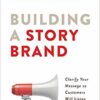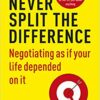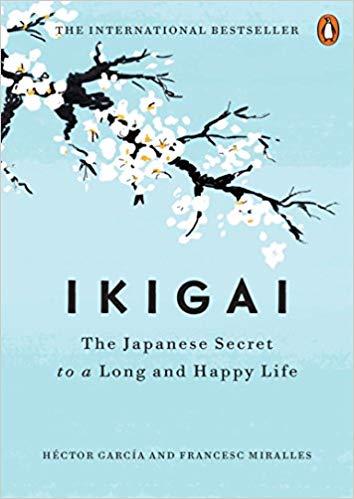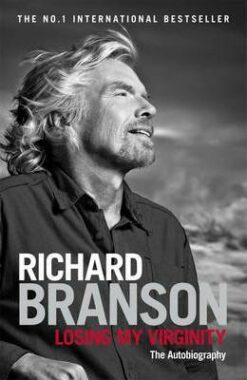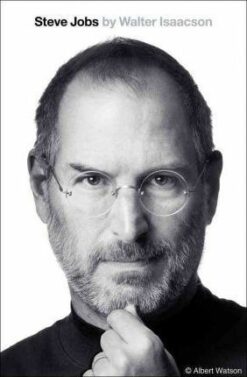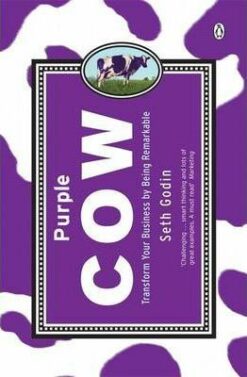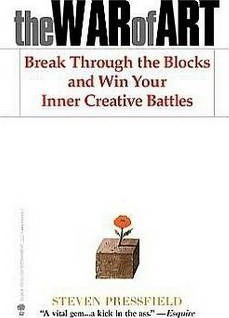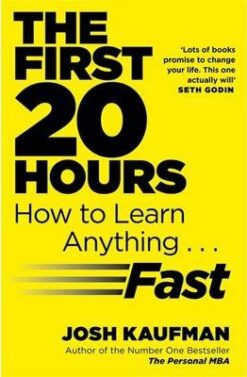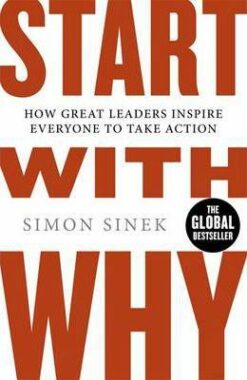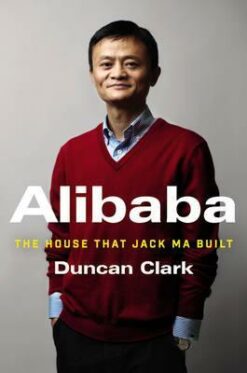- Hardcover: 208 pages
- Publisher: Penguin Books (29 August 2017)
- Language: English
- ISBN-10: 0143130722
- ISBN-13: 978-0143130727
- Product Dimensions: 13.4 x 2.2 x 18.6 cm
Ikigai: The Japanese Secret to a Long and Happy Life
Rs. 2,890.00

Los Angeles Times bestseller
“If hygge is the art of doing nothing, ikigai is the art of doing something—and doing it with supreme focus and joy.” —New York Post
Bring meaning and joy to all your days with this internationally bestselling guide to the Japanese concept of ikigai (pronounced ee-key-guy)—the happiness of always being busy—as revealed by the daily habits of the world’s longest-living people.
“Only staying active will make you want to live a hundred years.” —Japanese proverb
According to the Japanese, everyone has an ikigai—a reason for living. And according to the residents of the Japanese village with the world’s longest-living people, finding it is the key to a happier and longer life. Having a strong sense of ikigai—the place where passion, mission, vocation, and profession intersect—means that each day is infused with meaning. It’s the reason we get up in the morning. It’s also the reason many Japanese never really retire (in fact there’s no word in Japanese that means retire in the sense it does in English): They remain active and work at what they enjoy, because they’ve found a real purpose in life—the happiness of always being busy.
In researching this book, the authors interviewed the residents of the Japanese village with the highest percentage of 100-year-olds—one of the world’s Blue Zones. Ikigai reveals the secrets to their longevity and happiness: how they eat, how they move, how they work, how they foster collaboration and community, and—their best-kept secret—how they find the ikigai that brings satisfaction to their lives. And it provides practical tools to help you discover your own ikigai. Because who doesn’t want to find happiness in every day?
In stock

